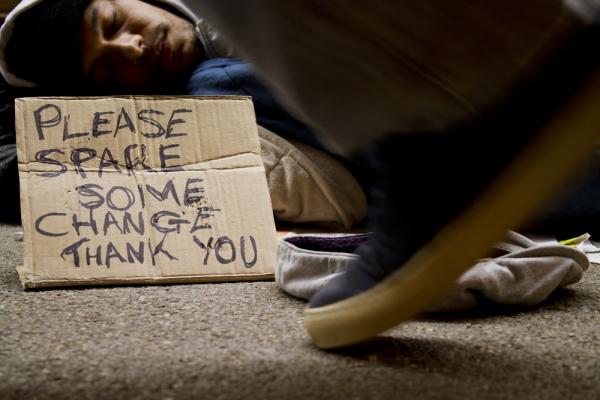Aug 29, 2017
Our toxic apathy is rooted in a lot of places, but sadly we don’t have to look any further than the church itself to find several excuses to not care for the poor, vulnerable, marginalized, and downtrodden in our community and in our world.
Read the Full Article

Already a subscriber? Login
